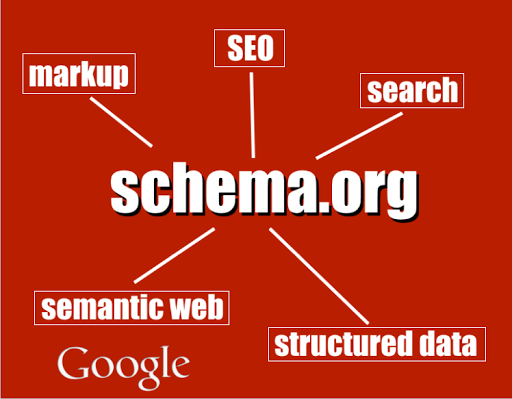- If you are looking for an easy method of improving your website’s SEO, using the FAQ Schema Markup is a great place to start.
- FAQ pages, properly marked up, are usually eligible to become rich results in Google’s search.
- There are several benefits schema markups provide to your overall SEO rankings.
- FAQ schema markup added to quality, in-depth content can help to quickly improve your SEO score.
- Google has outlined which pages are eligible and which are prohibited from showing up as featured snippets in Google.
- By implementing schema markup for your FAQ page, you can improve your website’s visibility as well as increase your website’s authority.
- Very few websites seem to be taking advantage of this easy, yet incredibly, effective SEO hack.
What is FAQ schema markup?
Schema
markup is a powerful yet underused piece of code for SEO to help
increase your website’s presence in the SERPs.Search engines crawl your
site, it gets indexed, and then when someone makes a relevant search
your content may show up. What schema markup does is provides context to
the content.
How an FAQ schema markup can help you win at SEO?
Having your FAQs in the featured snippets on Google can generate a huge lift in organic traffic. By adding the schema markup, you improve your chances of this happening.
An important metric in SEO is CTR (click-through-rate).
This is measured by the number of clicks divided by the number of
impressions a result gets. For example, if you had 50 clicks and 800
impressions, your CTR would be 6.25%.
If you can increase your
CTR, it shows search engines that the page is relevant for that search
term and it can help your website’s overall search ranking.
How to implement FAQ Schema?
The FAQ schema can be implemented in one of two ways: Microdata or JSON-LD.
1. Microdata
This
is the more complex of the two options. To implement schema markup with
Microdata involves coding elements into your website. If you don’t have
a web developer in your team this can be a rather tedious and
challenging process where the code is added to the body section of your
page.
Here’s a microdata example for the FAQ page schema
<html itemscope itemtype=”https://schema.org/FAQPage”>
<head>
<title>Search Engine Marketing Frequently Asked Questions (FAQ) – Search Engine Watch</title>
</head>
<body>
<div itemscope itemprop=”mainEntity” itemtype=”https://schema.org/Question”>
<h3 itemprop=”name”>What is search engine marketing?</h3>
<div itemscope itemprop=”acceptedAnswer” itemtype=”https://schema.org/Answer”>
<div itemprop=”text”>
<p>Search
Engine Marketing helps put get your website onto page one of search
engines when someone searches for something related to your
industry.</p>
</div>
</div>
</div>
</body>
</html>
2. JSON-LD
Google
recommends JSON-LD as “Google can read JSON-LD data when it’s
dynamically injected into the page’s contents, such as by JavaScript
code or embedded widgets in your content management system.” JSON-LD is
certainly the easier of the two options, as this code is added to the
header section of a page.
Here’s a JSON-LD example for the FAQ page schema
<html>
<head>
<title>Search Engine Marketing Frequently Asked Questions (FAQ) – Search Engine Watch</title>
</head>
<body>
<script type=”application/ld+json”>
{
“@context”: “https://schema.org”,
“@type”: “FAQPage”,
“mainEntity”: [
{
“@type”: “Question”,
“name”: “What is Search Engine Marketing”,
“acceptedAnswer”: {
“@type”: “Answer”,
“text”:”Search
Engine Marketing helps put get your website onto page one of search
engines when someone searches for something related to your industry.”}
}]
}
</script>
</body>
</html>
The Advantage of Right Schema Markup
By
creating informative, well-written content that provides value to your
website’s users, and then adding the correct schema markup, you can get
yourself on page one of Google. And the more content you get on page
one, the more traffic you drive to your site. The benefit of more traffic to your site is an increase in sales and subscriptions.
SEO Company in Bangalore | Web Designing Company in Bangalore | Internet Marketing Services in Bangalore | Website Development Company in Bangalore


No comments:
Post a Comment